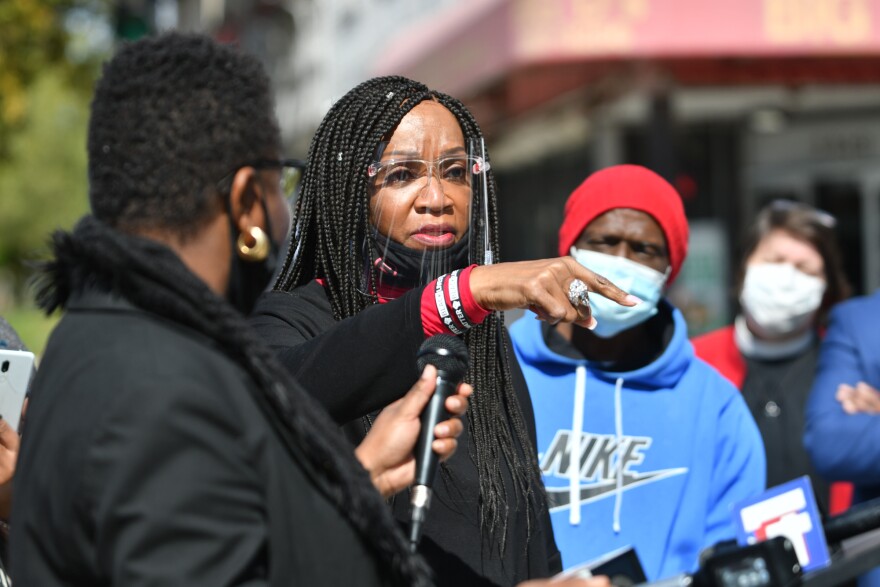The median household income of Black residents in Kansas City is 62% that of white residents, according to data compiled by the Urban League of Greater Kansas City, and Black residents are unemployed at rates between 1.5 to 2 times higher than white residents.
Those discrepancies are at the center of a conversation happening around reparations in Kansas City.
Ordinance No. 220966, sponsored by Kansas City Council member Melissa Robinson and currently in committee, expresses "apologies on behalf of the City of Kansas City" and establishes an intent to "make amends for its participation in the sanctioning of the enslavement of Black people and any historical enforcement of segregation and accompanying discriminatory practices against Black citizens of Kansas City."
If passed, the ordinance would create a Mayor's Commission on Reparations. Their efforts would focus on five impact areas: economic development, housing (home ownership and affordable housing), health, criminal justice and education.
Gwendolyn Grant, president and CEO of the Urban League of Greater Kansas City, says reparations are a way to help Black people catch up in society after years of being set back.
Grant believes bridging the wealth gap, improving education systems and having access to quality care will reduce crime and violence in our communities.
- Gwendolyn Grant, President and CEO of Urban League of Greater Kansas City







